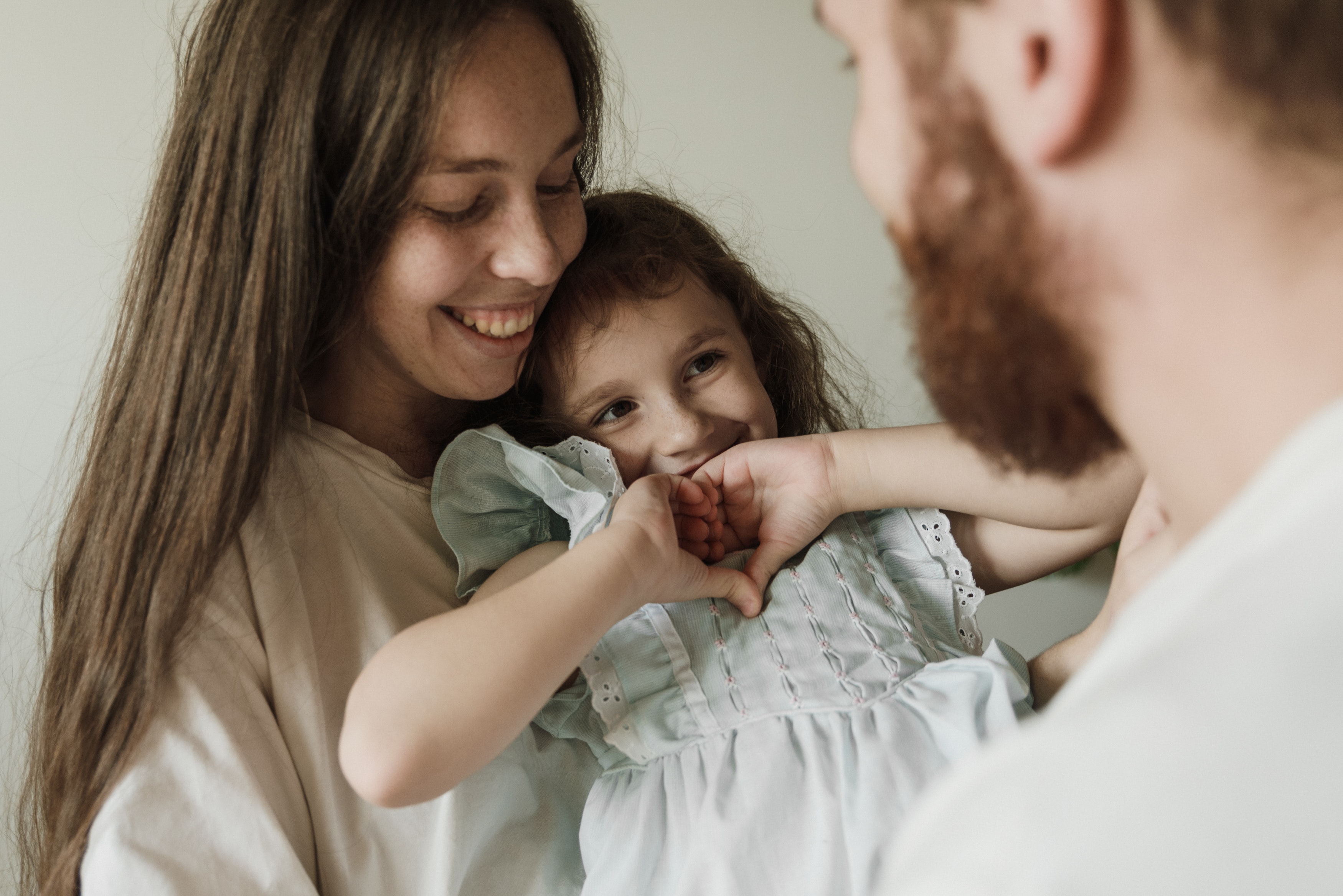In order for children to learn, they must first experience love. Children express and receive love in different ways — some through acts of service; others through affirming words; still others through gifts, quality time or physical touch. Each of these expressions of love represents a different “language.” One of those five is the primary love language of your child. If you don’t speak that language, your child will not feel loved. This does not mean that you speak only the primary love language. No, you give heavy doses of their primary love language, then you sprinkle in the other four. The ideal is that children learn to receive and give love in all five languages. This prepares them for good relationships as adults. Your example is the most effective method of teaching. Love your children effectively and they will learn to love others.
Children receive love emotionally; but because they are all different, we must pay attention to their individual needs. We must learn to speak our children’s [love] language if we want them to feel loved. We often try to pour all our children into the same mold. We go to parenting conferences and read books. We are inundated with great ideas that we want to use with our children. We fail to remember, however, that each child is different. What works with one may not work with another. And what communicates love to one child may not be received the same way by another child. By understanding the five love languages, we can more easily discern the emotional needs of our children.
Here is a brief description of each love language:
WORDS OF AFFIRMATION
Compliments such as “Your hair really looks nice today!” or “Great game tonight!” go a long way with the child who thrives on praise. Your words can focus on personality, accomplishments, outward appearance or anything else that affirms. Giving a monetary reward to a child who seeks affirmation will leave him feeling empty.
ACTS OF SERVICE
In the early stages of life, we do things for our children that they can’t do for themselves. As they get older, our love is expressed by teaching them how to do things for themselves. For a child with this love language, we need to know which acts of service are important to him. Does he feel loved when you help him with homework? Or teach him to throw a ball? Once you’ve discovered the acts of service your child most appreciates, perform them often.
GIFTS
Children with this love language treasure gifts as a tangible token of affection. Unfortunately, they also interpret a lack of gifts as a lack of love. Your gifts don’t need to be expensive, and they don’t need to be given every day, but recognizing that a child prefers to be rewarded with a pack of gum rather than a hug is an important step in building communication.
QUALITY TIME
Children who speak this love language seek undivided attention. When they’re infants, we play on the floor with them and roll balls back and forth. As they get older, that quality time is found in conversations, bedtime stories or backyard sports. The activity is not important; the time together is. For a child with siblings, it may be difficult to get one-on-one time with Mom or Dad. He needs to know that he is worthy of your undivided attention.
PHYSICAL TOUCH
We’ve long known the emotional power of physical touch. Infants who are held fare better than those who are not. As children get older, they still long for physical affection — something as simple as a touch on the arm, a pat on the back, a hug. These gestures are especially important to the child with this love language. He wants to literally feel your love.
We should focus on our child’s primary love language and remember to use the other four as well. Though children receive love best from one language, there’s no doubt they benefit from all expressions of unconditional love.
Content Source: WaldenGreen.org

